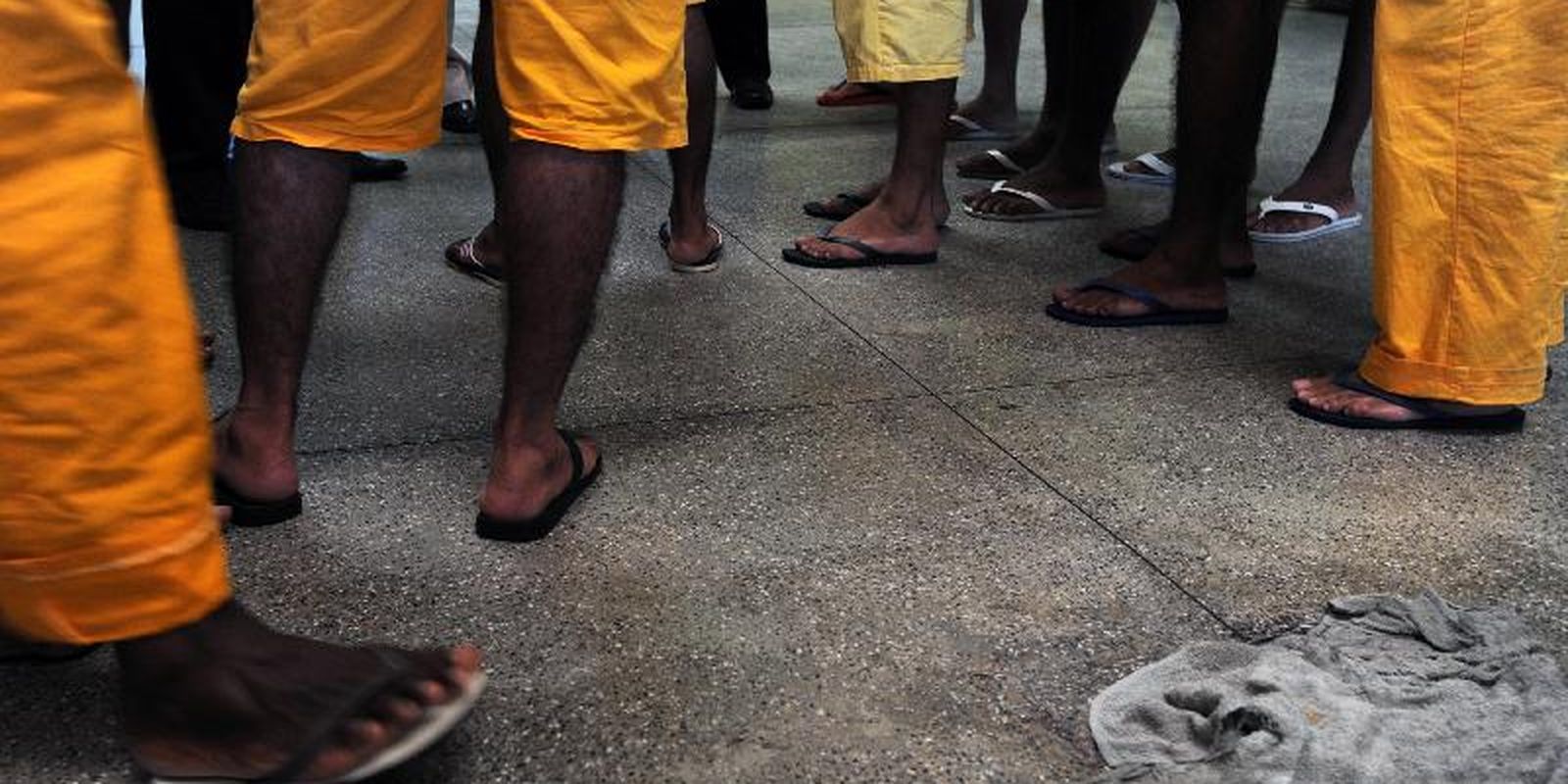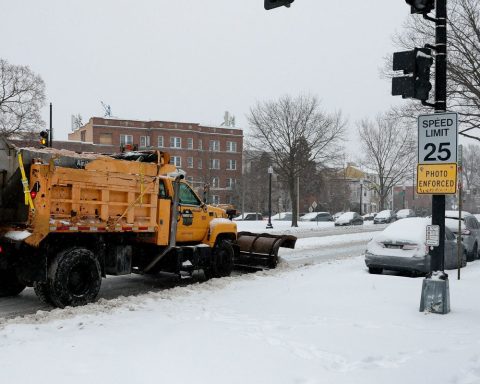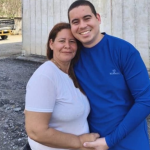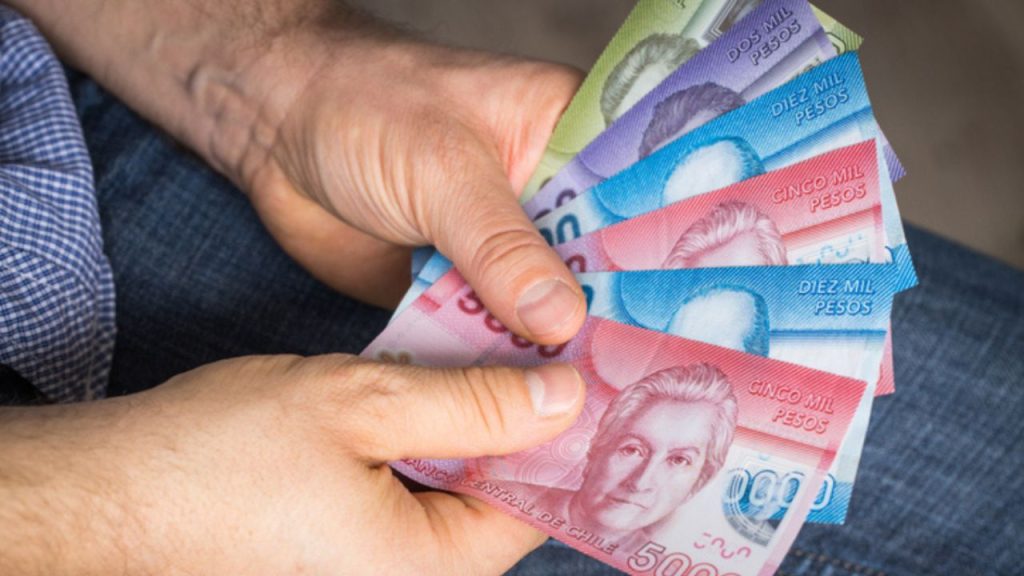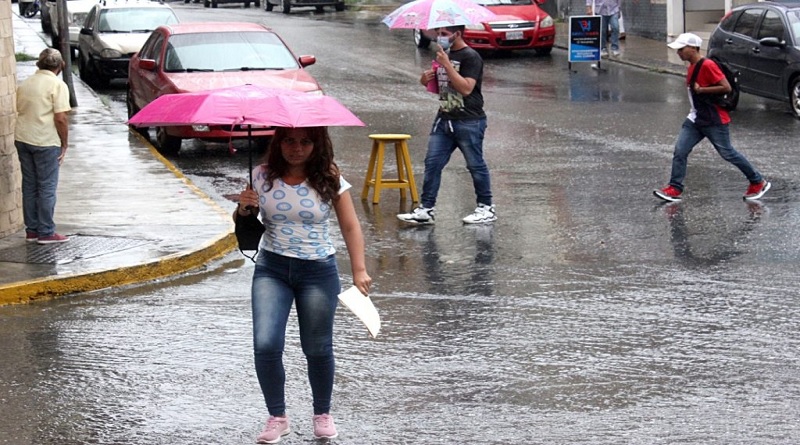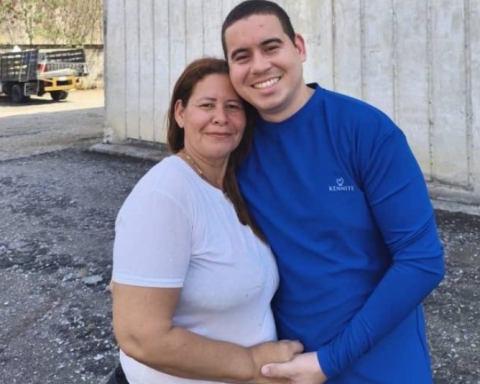Survey carried out by Brazil Agencybased on data from the Superior Electoral Court (TSE) and the National Secretariat for Penal Policies (Senappen), found that the right to vote is an exception among prisoners who could exercise it, despite being regulated since 2010. On June 30 , according to the latest survey available from Senappen, there were 183,806 pre-trial detainees in the country.
According to the TSE’s Electoral Panel, in the second round, which will be held this Sunday (27), 6,322 prisoners are eligible to vote. Those who have not had their cases judged definitively (final and unappealable) can exercise their right, either because they lost at the highest court, or because they did not appeal after the ruling.
Young people in socio-educational measures, even if deprived of their freedom, can also vote.
Unequal access to this right is the rule. The states of Acre, Mato Grosso do Sul, Rio de Janeiro, Rondônia and Roraima and Tocantins, in addition to the Federal District, do not even have a provisional prisoner who could vote in the first round.
Only Maranhão, with 574 pre-trial prisoners registered as voters; Rio Grande do Sul, with 591; Espírito Santo, with 857; and São Paulo, with 2,562, have more than 500 registered. Roraima is the state with the lowest number of pre-trial detainees able to vote: 629. In six states there are more than 10,000 pre-trial detainees: Rio Grande do Sul, with 11,154; Paraná, with 11,804; Pernambuco, with 12,243; Rio de Janeiro, with 16,724; Minas Gerais, with 24,045; and São Paulo, with 35,630. Only Espírito Santo, with 7,646 pre-trial detainees, has more than 10% of voters in this condition in special sections.
For those who were able to participate in the election and transferred their title, access to electoral propaganda and the list of candidates was guaranteed and organized by the electoral judge and the management of the prison unit. The vote of these people is currently regulated by Resolution 23,736/2024, which allows the installation of sections where there are 20 people able to vote, including prisoners, unit employees and volunteer poll workers, of which there are three per section.
Participation can increase and has been debated. For the president of the Criminal and Penitentiary Policy Commission of the Brazilian Bar Association – São Paulo Section, Leandro Lanzellotti, this is a public policy that has received attention from bodies and should be expanded in the next elections, but is still far below of what is necessary. “Voting is an obligation for the population, but it is also a right, to exercise citizenship, which is violated when the State, which is responsible for prisoners, does not guarantee it”, he stated.
According to the lawyer, who is also a member of the São Paulo Penitentiary Council, the main difficulty is that the prison population in these conditions is transitory, which makes reaching the minimum number of voters more complex.
Small units may not have enough prisoners, and those in which the number of interested parties is close to the limit may see these people leaving for other locations, either after the first sentence, when prisoners in São Paulo go from Provisional Detention centers to prisons , whether when they manage to regain their freedom, when acquitted or responding to proceedings in freedom. “Electoral secretariats and courts need to share their data and better understand these dynamics, so that logistics and perhaps even some deadlines in the electoral calendar can be designed to include this population,” said Lanzellotti.
São Paulo
A state with the largest prison population in the country, with more than 150 thousand prisoners, in addition to 4.5 thousand young people complying with socio-educational measures, São Paulo had less than 3 thousand voters in these conditions in the first round of this year’s municipal elections. The number dropped to 1,845 people eligible to vote in the second round.
The volunteers who work in the election in units in the cities of São Paulo are selected among employees of the Public Ministry or the penitentiary system, as long as they are not agents, or among volunteers, nominated by institutions such as the OAB, through partnerships with the Regional Electoral Court (TRE-SP). Fifty-one sections were established in 27 municipalities in the first round, on the 6th of this month.
According to the state’s Secretariat for Penitentiary Administration (SAP), the low adherence occurs despite information campaigns carried out in prison units and the fact that the prisoner needs to transfer his title and vote in the election of the municipality where he is serving his sentence. For the prisoner, there is no obligation to transfer the title, but he can justify his absence if they have not changed the section.
In São Paulo units, there are 625 re-educated people in pre-trial detention registered to vote in the second round, distributed across 14 special electoral sections, SAP reported. The TSE numbers, which include federal prison units, show 1,845 voters in the state who can participate in tomorrow’s election.
Casa Foundation
The Fundação Centro de Atendimento Socioeducativo ao Adolescente (Casa), responsible for minors who comply with socio-educational measures with deprivation of liberty, will serve 456 young people in the second shift, in which 25 poll workers and employees will work in 11 electoral stations, in the cities of Franca, Guarulhos and São Paulo.
In units where the minimum number of 20 voters, required by Resolution No. 23,736/2024 of the Superior Electoral Court, has not been reached – such as Diadema, Ribeirão Preto, São Bernardo do Campo and Taubaté –, electoral justifications will be organized.
“Participating in elections is more than a right, it is an opportunity for these young people to feel valued and integrated into society. The act of voting significantly contributes to your social reintegration, showing that your opinions and choices matter”, said, in a statement, the president of Fundação Casa, Claudia Carletto.
Fundação Casa currently serves around 4,500 young people, of which 970 are over 18 years old and required to vote, in accordance with the Federal Constitution. In the first round, 745 teenagers and young people were able to participate.
